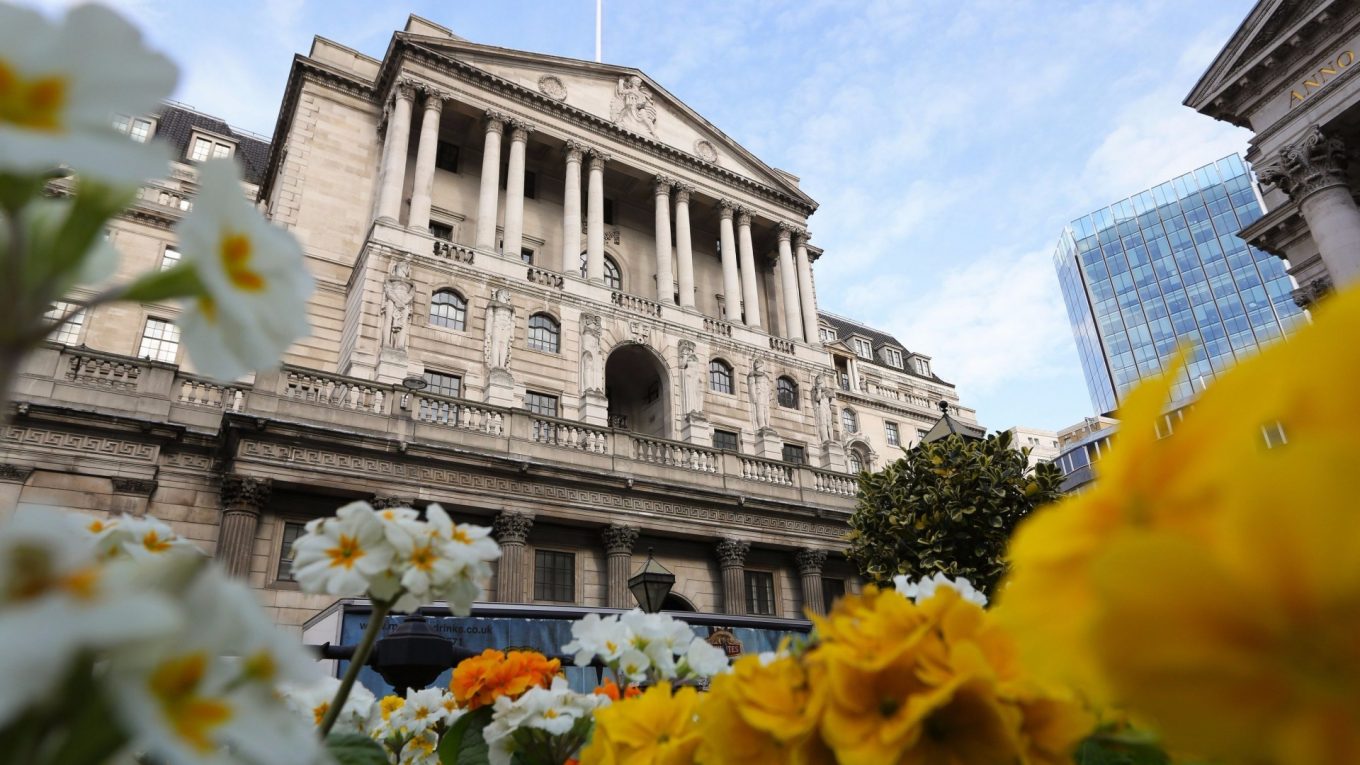
The current monetary policy has led us to a on going Financial Crisis. Experts all around the world warn that little has been done to actually solve the problems that got us in it. In this two-part report we will focus on two different ways of how to achieve a Sustainable Monetary Policy through the money creation itself. In this first part, we will focus on the role of the State and the Private Banks in the Fiat money creation schemes.
The money creation in our current system implies a series of mechanisms that most of the times go beyond government control. In fact, due to logistic set-ups and liberal standards, the banks are themselves who create most of the money which actually ends up in the economy. Money created by state institutions -National Banks- represents just a tiny percentage of all the money in circulation.
Take the example the UK, there are two agents who are the only ones who basically are allowed to create money within the country’s monetary system:
1. Money created by banks, when they make loans. This currently makes up the majority of money in the economy.
2. Money created by the Bank of England on behalf of the government. Currently this makes up a tiny percentage of the money in the economy.
There is no way to issue Pound Sterling out of these two channels, although the way the current system works has been proved outdated and unable to avoid high debt balances. This also carries another problem with it. Most of the money created by banks goes into house price bubbles (40% of all new money created in the 10 years running up to the financial crisis) and financial markets (37%), whereas only a minority (13%) ends up in the real economy. In the current system, the state steps aside and only plays a role as watchdog.
It has been proved outdated because this system for money creations, leads to a economic-crisis vicious circle. It has been seen in the last crisis in 2008:
“The financial crisis of 2007-08 occurred because of a massive increase in private sector debt relative to income in the two decades prior to 2008. In the UK, the debts of the non-financial sector increased from just under 94% of GDP in 1988 to just over 200% of GDP by 2007. Since the crisis the level of private debt in the UK economy has only fallen marginally, yet government policy revolves around ‘getting banks lending again’ and consequently increasing private debt.”
On the other hand, relying on private banks to create money means not much effort will be made for that money to reach the real economy without growing either businesses debt or households debt to overriding levels. According to a recent report put together by the Think Tank Positive Money, “Right now, we see banks still reducing their lending to businesses, whilst increasing their lending for mortgages. If household debt is rising, but businesses aren’t able to increase salaries, then sooner or later, some of the debt becomes unavailable and people will default.”
It has been proved that it was this process of money creation which led us to a financial crisis ten years ago. 10 years afterwards, it seems that instead of learning from our mistakes, we are still committing the same errors. Since we are using the same mechanisms for money creation. It might be just a matter of time until we step into a new crisis, unless the Government takes action and reverse the situation. Think Tank Positive Money, have come up with an outstanding idea of how the state could take over banks when creating money.
The ‘Sovereign Money Creation’ Scheme
Positive Money states that rather than relying on banks for “further bank lending to boost spending and help the economy grow,” it is the state who actually “would boost spending and employment but without requiring households to borrow even more” by creating money through the Bank of England itself.
Presented in a full report, the Sovereign Money Creation scheme highlights how the Bank of England could partner with the government and use its capacity to create money to attempt to increase government’s spending. Spending will grant a direct impact on the national GDP and will keep the money flowing throughout all layers of the real economy.
As so, “the Bank of England can do this by creating money and, rather than using it to buy pre-existing financial assets (as was the case with Quantitative Easing, an unconventional form of how the Bank of England can purchase assets to stimulate the economy ), instead grant it to the government. Because this process involves the creation of money by the state (rather than by commercial banks), we can name this process “Sovereign Money Creation” (SMC).”
For them, the pivotal advantage of SMC is that unlike the Government’s current growth strategies – which all rely on an over-indebted household sector going even further into debt – SMC requires no increase in either household debt or Government debt. In fact, SMC can actually reduce the overall levels of household debt. It would also make banks more liquid and the economy fundamentally safer.
Towards a Sustainable Monetary Policy – Sovereign Money Part 2

Hernaldo Turrillo is a writer and author specialised in innovation, AI, DLT, SMEs, trading, investing and new trends in technology and business. He has been working for ztudium group since 2017. He is the editor of openbusinesscouncil.org, tradersdna.com, hedgethink.com, and writes regularly for intelligenthq.com, socialmediacouncil.eu. Hernaldo was born in Spain and finally settled in London, United Kingdom, after a few years of personal growth. Hernaldo finished his Journalism bachelor degree in the University of Seville, Spain, and began working as reporter in the newspaper, Europa Sur, writing about Politics and Society. He also worked as community manager and marketing advisor in Los Barrios, Spain. Innovation, technology, politics and economy are his main interests, with special focus on new trends and ethical projects. He enjoys finding himself getting lost in words, explaining what he understands from the world and helping others. Besides a journalist, he is also a thinker and proactive in digital transformation strategies. Knowledge and ideas have no limits.






























